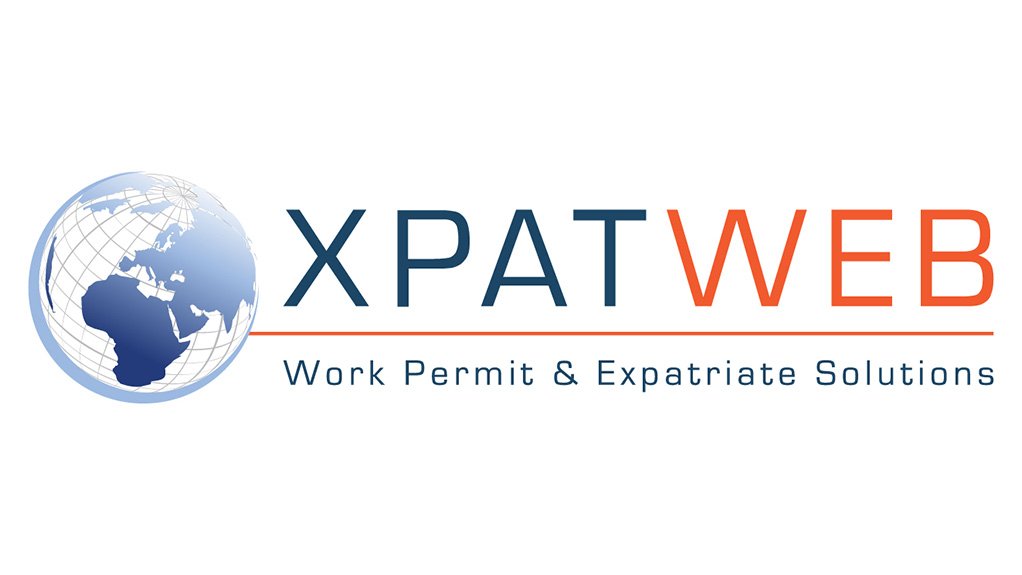The global talent war for specialists in artificial intelligence (AI) with deep technical knowledge and practical experience has officially reached South Africa.
The increasing number of South African companies reporting difficulty in filling skilled ICT, and media and marketing positions from the local talent pool is indicative of a strong drive to attract AI specialists, says Marisa Jacobs, Managing Director at Xpatweb, as she unpacks the preliminary findings of Xpatweb’s latest Critical Skills Survey.
ICT and Marketing Roles Among Hardest to Fill
The Survey, widely regarded as the most comprehensive study of its kind in identifying hard-to-fill roles across South African industries, is now in its eighth year. Although the survey is still open for participation, it is already clear from the responses received that companies find ICT as well as marketing positions among the top 5 occupations most difficult to fill from the domestic labour force.
Jacobs says 14% and 10% of companies respectively report they are struggling to recruit for these roles locally.
The preliminary findings, presented at Xpatweb’s annual Global Mobility Conference in Johannesburg on 13 August 2025, echo international studies that show skilled professionals with in-depth AI knowledge remain scarce across the globe.
Global Pressure Leads to Local Struggles
A recent World Economic Forum report estimated that by 2025, half of all work activities could be automated by AI-driven processes. From banking, telecoms, and mining to public services and retail, AI is already driving efficiencies and innovation.
A study by the global HR software provider Remote, surveying 4 000 managers in leading economies, found that AI-related positions are currently among the hardest to fill worldwide. This is not necessarily due to a lack of knowledge, but a scarcity of technical expertise.
Even global tech giants are feeling the pressure. Google CEO Sundar Pichai has acknowledged a skills war, amid reports that big brands resort to multimillion-dollar pay packages to lure and poach top AI talent.
Shaping Policy Through Real-Time Feedback
According to Jacobs, more multinationals and large South African corporates are struggling to fill critical positions than last year. In 2025, 86% of organisations reported difficulties recruiting critically skilled individuals, up from 79% in 2024.
Engineering remains the most in-demand skill.
Close to 75% of respondents say the Critical Skills List, published by the Department of Home Affairs (DHA) in collaboration with the Department of Higher Education and Training, somewhat caters to their needs.
As multinationals continue to feel the skills crunch, Jacobs urges businesses to participate in the still-open Critical Skills Survey. “It offers big business the ideal opportunity to provide real-time insights into the skills they struggle to attract domestically and must source internationally.”
As in previous years, this data will help shape updates to the national Critical Skills List currently underway. This in turn will make it easier for foreign workers whose occupation appears on the list, to obtain a Critical Skills Work Visa in South Africa. Not only does this benefit business operations, but it also supports the broader South African economy.
Barriers to Hiring International Talent
One of the biggest hurdles for companies hiring foreign talent is when a required role is not on the Critical Skills List. So far, 73% of respondents who took part, say the Work Visa Process is a prohibitor to attracting international talent.
In his address at the Conference, Phindiwe Mbhele, Director of Corporate Accounts at the DHA, said the category of Critical Skills Visas has the lowest number of visas South Africa issues. The country issues more study visas than Critical Skills Visas.
Economic Impact of Skilled Migration
Deputy Minister of Finance Ashor Sarupen, another keynote speaker, highlighted the economic benefit of attracting highly skilled workers. “For every one highly skilled employee brought into the country, seven unskilled jobs are created.”
Sarupen stressed the need for modern policy solutions: “We cannot solve 2025 problems with 1990s policies. If we get base level reforms right, such as stable electricity supply and pricing, and unlocking rail and port bottlenecks, national GDP could grow at 2.6% annually, making South Africa a more attractive investment destination.”
He said South Africa must position itself as a competitive emerging market investment destination as we are in competition with countries such as China, India and Rwanda to name a few. Making it easier for businesses to invest here, will help attract skilled employees and boost skills transfer.
Policy Reform and Digital Transformation at DHA
According to Mbhele one of the significant reforms at DHA was the introduction of the Points-based System to bring predictability and transparency to the adjudication of work visa applications. The PBS allows for attributing points transparently for an applicant’s qualification, earnings threshold and years of experience.
Additionally, the Trusted Employer Scheme (TES) with the second round for Expression of Interest to open soon, will be a fully digital process. The adjudication process will be centralised in South Africa to avoid any inconsistencies that still arise at different missions. This is done in collaboration with the private sector to ensure a smoother process, Mbhele said.
Written by Xpatweb
EMAIL THIS ARTICLE SAVE THIS ARTICLE ARTICLE ENQUIRY FEEDBACK
To subscribe email subscriptions@creamermedia.co.za or click here
To advertise email advertising@creamermedia.co.za or click here











